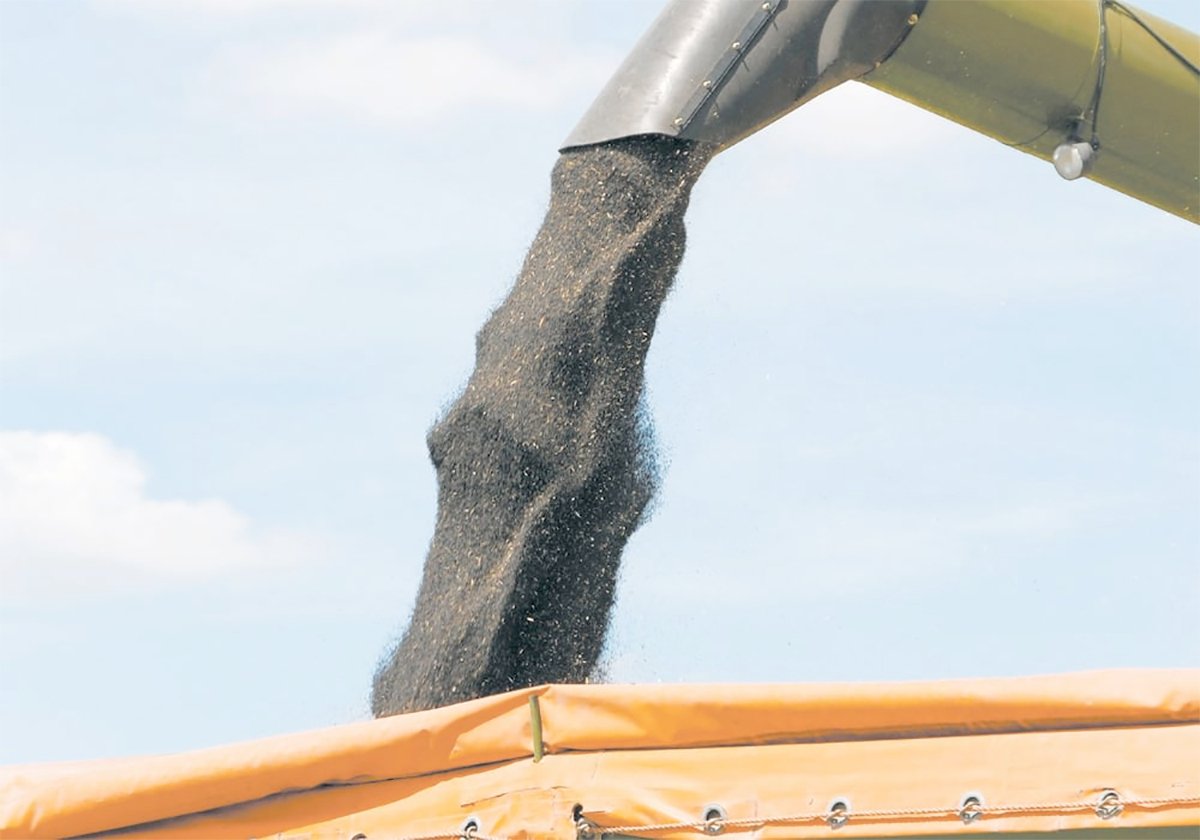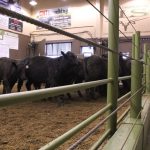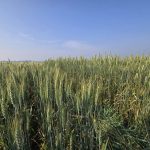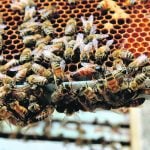I wince every time I see a photo posted on Twitter from the combine, tractor or grain truck of young kids along for the ride.
Don’t get me wrong. I’m not the kind of person who believes kids need to be bubble wrapped and fitted with a helmet whenever they go outside. But seeing little kids riding along on big equipment still frightens me.
Sometimes it isn’t just a short-term ride-along. The kids are stuck with Dad or Mom on the combine, grain cart or truck for a long period of time.
Read Also

Determining tariff compensation will be difficult but necessary
Prime minister Mark Carney says his government will support canola farmers, yet estimating the loss and paying compensation in an equitable fashion will be no easy task, but it can be done.
The pride of the parents is understandable, and that’s why so many of these photos end up online. People are proud of their farms and very proud of their kids, and they want to show the world, or at least their Twitter followers.
Certainly equipment is much safer and more comfortable for little passengers than ever before. And being in an enclosed cab is far safer than a kid riding along on an open air tractor pulling a mower. And it’s far, far safer than what most of us older folks did as kids.
In fact, with the size and luxury of some modern combine and tractor cabs, it wouldn’t be surprising to see equipment manufacturers develop child activity centres as a cab comfort option.
What can go wrong when a kid or two is in such a safe, secure cab? Well, equipment breaks down and plugs up and even the newest equipment sometimes requires the operator to do more than push buttons in the cab.
When that happens, what do you do with the kids?
Child care can be a difficult juggling act for many farm families, especially during busy seasons. This is often complicated by off-farm jobs and other commitments.
There are arguably even bigger dangers in the farmyard than out in the field: trucks unloading, augers running, vehicles and equipment moving in and out. Some farms have fenced in designated play areas. Most do not. Kids don’t have to be insulated from the realities of farming, but it’s tough to supervise little people when the yard is a beehive of activity.
As kids get bigger, they start to take work roles on the farm, and this creates a whole new source of potential dangers. At 10, 12 or 14 years of age, they are often operating equipment, sometimes large equipment.
Again, this is a great source of pride for their parents and grandparents, and there’s a natural tendency to brag about Little Johnnie or Little Susie operating some piece of equipment at a tender age. This is something else you often see posted on Twitter.
In my opinion, being involved in the farm operation is far better for kids than sitting in the house playing computer games, but tasks need to be age and ability appropriate.
Of course, this isn’t easy to determine, and Mom and Dad may have some interesting discussions.
Unfortunately, farm safety organizations go overboard in their recommendations. To listen to some experts, a young person should never drive a tractor before they turn 16. With official recommendations so far removed from reality, they are easily dismissed and become useless.
However, reverting to what you did as a kid isn’t necessarily appropriate either. Times and expectations have changed.
Consider how your entire world would change if your child or grandchild was seriously injured or killed in a farm accident. Those Twitter posts would haunt you forever.

















